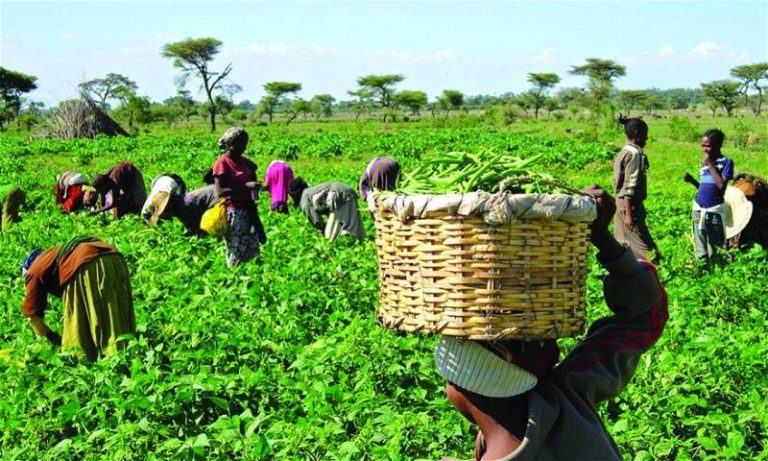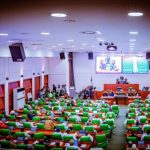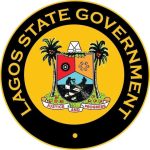By Patrick Odey, Justice Tyopoosu
At least 5, 200 female livestock farmers in Taraba State would be empowered through a World Bank-assisted project, Livestock Productivity and Resilience Support, to increase productivity and encourage commercialisation across the livestock value chain.
Also, the Federal Government, under the National Poverty Reduction with Growth Strategy, on Wednesday, distributed farm inputs to 257 small-scale farmers in Akwa Ibom State, to boost food production and ensure food security in the country.
During a monitoring and evaluation training programme, on Wednesday, the Taraba State L-PRES Coordinator, Hananiah Albert, said, “The L-PRES aims to empower 1.43 million people in Nigeria, of which 40,000 beneficiaries would be from Taraba State, spanning our selected livestock value chain.
“Of the 40,000 targets in the state, 13 per cent, representing 5, 200, would be women, demonstrating our commitment to including women across the livestock value chain.
He also said, “In L-PRES, there is a comparative advantage in the choice of livestock value chain, and for us in Taraba State, we selected cattle, sheep, goats, and poultry.
“All our activities under this project will revolve around these four classes of livestock, including production, milk processing, feed and livestock equipment supply, input, and pasture establishment, among other support to be provided to the beneficiaries.”
Similarly in Akwa Ibom State, the Director of the Federal Ministry of Agriculture and Food Security, Dr Uyobong Uko, during the training and distribution of inputs to small-scale farmers said the beneficiaries were selected from the 31 local government areas of the state.
He said, “Under the Federal Government poverty reduction programme of the Federal Ministry of Agriculture and Food Security, we are targeting to empower 257 small-scale farmers.
“Fish farmers, crop farmers and poultry farmers will receive day-old chicks, bags of poultry feed, and bags of fish feed.
“They will receive sprayers, herbicides, liquid fertilisers, okra, maize, tomato and pepper seedlings, all in a bit to support agriculture, help them to feed themselves, feed the nation and make the country food secure and sufficient.”
Uko urged the beneficiaries to make good use of the inputs and not to sell them.
Source: The Punch








